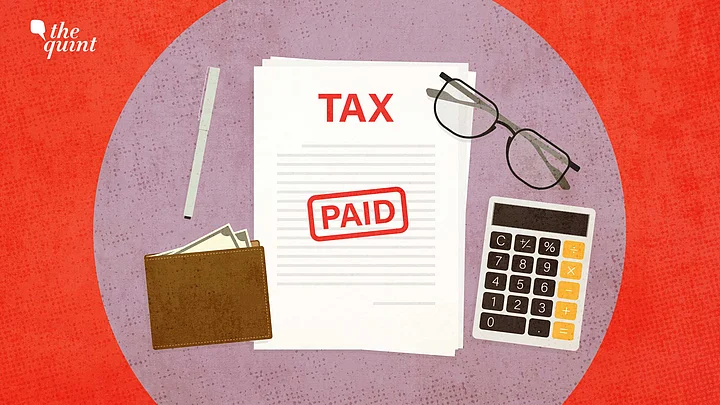On Tuesday, 1 November, the Union Finance Ministry suggested creating a simple common-income tax return (ITR) form for all taxpayers.
All taxpayers, except trusts and non-profit organisations, can file returns with the proposed new common ITR form, on which the Central Board of Direct Taxes (CBDT) has invited stakeholder comments by 15 December.
How many types of IT forms are there currently? And what are the changes that have been prpopsed? The Quint answers all these questions below.
How many types of ITR forms are there currently?
Currently, there are seven types of IT forms which are filed by different categories of taxpayers. The seven categories are as follows:
ITR Form 1, called ‘Sahaj’, is for small and medium taxpayers. Sahaj forms can be filed by those whose income is up to Rs 50 lakh, with earnings from salary, one house property/ other sources (interest etc)
ITR Form 2 is filed by people with income from residential property
ITR-3 is intended for people who have income as profits from business/ profession
ITR-4 (Sugam) is, like ITR-1 (Sahaj), a simple form, and can be filed by individuals, Hindu Undivided Families (HUFs) and companies with total income of up to Rs 50 lakh from business and profession
ITR-5 and 6 are for limited liability partnerships (LLPs) and businesses, respectively.
ITR-7 is filed by trusts and non-profit organisations.
How will it be easier for taxpayers?
For one, taxpayers will not be required to see the schedules that do not apply to them. It will have a smart design of schedules in a user-friendly manner with a better arrangement, logical flow, and increased scope of pre-filling, according to the CBDT.
"It will also facilitate the proper reconciliation of third-party data available with the Income-tax Department vis a vis the data to be reported in the ITR to reduce the compliance burden on the taxpayers," the CBDT added.
The proposed common ITR form would be customised for taxpayers with applicable schedules based on certain questions answered by them.
Once the common ITR form is notified, after taking into account the inputs received from stakeholders, the online utility will be released by the Income Tax Department.
"In such a utility, a customised ITR containing only the applicable questions and schedules will be available to the taxpayer," the CBDT said.
What changes are being proposed to the current structure?
According to the proposal, ITR-1 and 4 would continue, but individuals would also have the option to file returns of income in the common ITR form.
"It proposes to introduce a common ITR by merging all the existing returns of income except ITR-7. The draft ITR aims to bring ease of filing returns and reduce the time for filing the ITR by individuals and non-business-type taxpayers considerably," the CBDT said.
Sandeep Jhunjhunwala, Partner at Nangia Andersen LLP, told The Indian Express that the new ITR form would be available alongside the old forms ITR-1 and ITR-4, but taxpayers filing ITR-2, ITR-3, ITR-5 and ITR-6 would not have the option to file returns with the old forms.
Will taxpayers be spared the hassle?
Tax practitioners told The Times of India that the shift to a common form will make the return filing process less daunting for the layman. Taxpayers will be spared the trouble of going through all sections to determine ones applicable for them. Technology will help merge all the existing returns into one customised form for every assessee based on their answers, and this will particularly help small taxpayers, they said.
“This is a step in the right direction when it comes to simplifying the return filing process particularly for individuals. It will help ease the difficulties faced in deciding which form is applicable to them, as a first step,” KPMG partner Parizad Sirwalla told the newspaper.
(At The Quint, we question everything. Play an active role in shaping our journalism by becoming a member today.)
